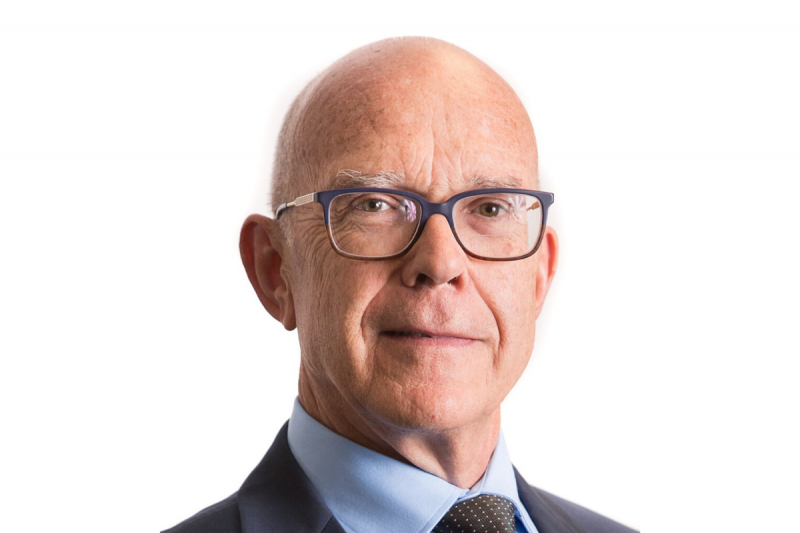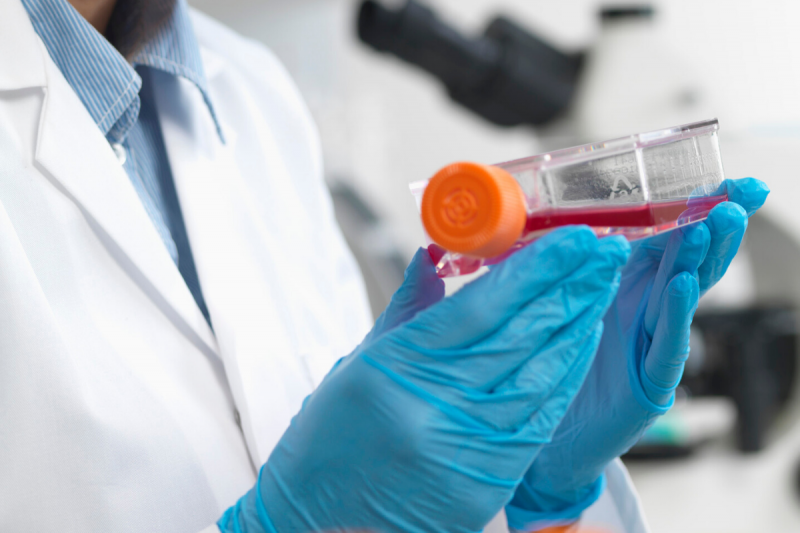A first for Australia, and one of a small number of similar initiatives globally, the enterprise taps into the outstanding and complementary biomedical research capabilities and successful pharmaceutical outcomes of the University of Melbourne and Monash University with their associated Medical Research Institutes and hospitals. Both universities rank in the top 50 universities worldwide for Medicine, Pharmacy and Pharmacology according to the latest QS rankings. When the research strengths of these universities are combined in selected therapeutic areas they would be placed in the top 10 institutions globally, so combining their capabilities produces a global scale venture.
The new enterprise will be owned jointly by the two universities but will be independently governed by a highly skilled Board. It will bring the advanced commercialisation skills and funding needed to address successfully the early stage “valley of death” that faces new discoveries. By doing so it will unlock the combined exceptional biomedical research strengths in Melbourne, enabling significant new discoveries to be translated more rapidly into new medicines; with potentially huge health and economic benefits to Victoria and Australia.
The enterprise was launched today in Melbourne by the two universities and The Hon. Wade Noonan MP, Victorian Minister for Industry and Employment.
The Minister announced that the Victorian Government will contribute $10 million towards the $60 million needed to get the enterprise underway, with the two universities having already committed $50 million. The enterprise is expected to generate about $360 million in activity, support new companies, increase investment and exports and create specialised jobs in the sector. Further funding is being sought from Commonwealth, philanthropic trusts and charities.
The Chair of the new enterprise was also announced today as the Hon. John Brumby, former Premier of Victoria (2007-2010) and Professorial Fellow at both the University of Melbourne and Monash University.
Monash University President and Vice-Chancellor Professor Margaret Gardner AO said the joint venture would reinforce Melbourne’s international reputation in health and medicine research.
“Melbourne has been at the leading edge of biomedical innovation for the better part of a century, from John Cade’s experiments with lithium in the 1940s to pioneering work in IVF and the Bionic Ear during the 1970s and more recent breakthroughs in cancer treatment, stem cell research and anti-viral drugs. This collaboration will extend that record of innovation even further.”
“This is an era in which Victoria can make unprecedented strides in tackling disease and investing in transformative research to solve the health challenges for the state and the world. The catalyst is our bold venture to do precisely that,” Professor Gardner said.
The new enterprise is the brainchild of Professor Bill Charman, Director of the Monash Institute of Pharmaceutical Sciences and Professor Danny Hoyer, the University of Melbourne’s Chair and Head of Department of Pharmacology and Therapeutics in the Faculty of Medicine, Dentistry and Health Sciences.
“The biomedical sector in Melbourne is already world-leading, thanks to proven research excellence and pharmaceutical outcomes from Monash and the University of Melbourne, combined with major health services such as Alfred Health, Melbourne Health and Monash Health. However, too often important medical discoveries have not made it from the lab into new cures and therapies. And those that have succeeded, have often need to be taken off shore early in their development such that higher commercial and scientific value has been lost to Australia,” Professor Charman said.
“Our new enterprise uses the combined research expertise, and infrastructure, of the two universities as a strong pipeline of high quality drug targets and drug candidates, along with the objective perspective of an independent entity which can then rapidly progress this forward to more advanced and then externally-funded stages of development,” Professor Charman said.
Professor Hoyer, with 30 years at Sandoz and Novartis in Switzerland before joining The University of Melbourne, said that the University of Melbourne and Monash University have a rich pipeline of biomedical opportunities to kick start the enterprise.
“Global Pharma who spend 30-40 % of their R&D budget externally, are interested in clinically validated drug targets; Melbourne has world-leading translational biomedical research embedded in both universities, medical research institutes and research hospitals. Melbourne is ideally placed to provide this translational knowledge, that is to close the loop from patient to bench and back to patient, and to test these drug candidates in carefully defined and selected patient cohorts,” Professor Hoyer said.
“However, to be effective, we need an independent enterprise staffed with professionals who have done it all before, versed in the logistics of developing medicines including project management, preclinical safety, pharmacokinetics and metabolism, pharmaceutical development, regulatory aspects, and contemporary clinical trial design. ”
“A wide range of drug candidates are currently at preclinical or early clinical stages at both Universities,” Professor Hoyer said. “The targeted diseases range from Preeclampsia, a potentially fatal condition in pregnancy, to various forms of epilepsy and other devastating neurological diseases, severe kidney, lung and cardiovascular disorders as well as a range of cancers and infectious diseases. This new enterprise will enable some of these and other transformational drug candidates to become a medical and commercial reality, by combining expertise and scale of both partners,” Professor Hoyer said.
University of Melbourne Vice-Chancellor Professor Glyn Davis said the new enterprise was a great opportunity to bring two world-leading universities together. “This enterprise will bring two outstanding research universities together to help provide a drug development catalyst, one that will attract global talent and international pharmaceutical companies to Victoria in a bid to help better translate research into commercial activity.”
“Convergence is the great theme of our time, and this is an enterprise that will bring people together around shared goals. And while it will start at the universities, it will move quickly to working with our partners in hospitals, medical research institutes and commercial players, all of whom will play a key part in its success.”
Two independent and respected economic specialist organisations reviewed the business case for the enterprise and found it a compelling investment for the State of Victoria. The two universities engaged the Melbourne Institute of Applied Economic and Social Research and Boston Consulting Group (BCG) to assess the financial and non-financial benefits and the sectorial and wider economic impacts that can be anticipated from the enterprise over the immediate, medium and longer term.








